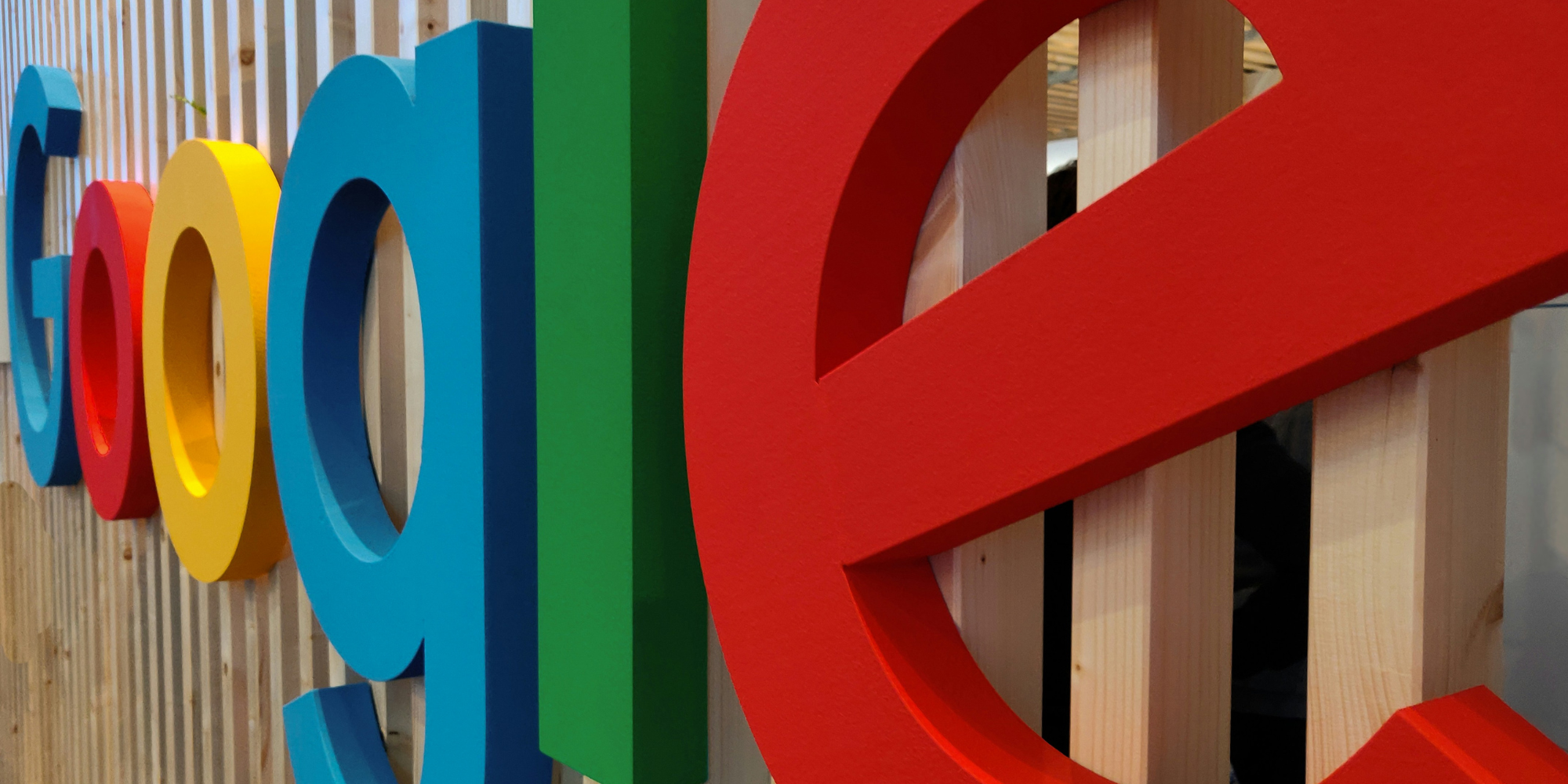How to Protect SEO Performance During a Site Migration
Arming yourself with the right tools to ensure a smooth site migration is important - find out how to protect your SEO during a migration today.
Read moreGoogle's change in guidance could transform the way content is created in the future, but how does it affect SEO and content creators going forward?
Good old Google, keeping us on our toes.
Unless you’ve been living under a rock, you’ll have noticed that LinkedIn feeds and SEO news platforms are currently peppered with blogs discussing how AI is the newly crowned King of the digital kingdom.
To add fuel to the rapidly spreading artificial intelligence fire, it has now dropped the news that its views on using automation – including AI – to generate content have changed. A day after announcing Bard, coincidentally.
They released updated guidance on Wednesday 8th February, leading with the statement that they will be “Rewarding high-quality content, however it is produced”. Emphasis on the latter part of the statement here.
Being the obedient SEO-ers that we are, we’ve always ensured our actions and output aligns with their guidance to ensure maximum success, and that guidance is as follows:
‘Using automation—including AI—to generate content with the primary purpose of manipulating ranking in search results is a violation of our spam policies’ - hence our comments in recent podcast episodes and blog posts on the topic of AI-generated content.
Although it has changed its views on how AI can be used and how it’ll be viewed through eyes, the way in which its ranking system works to reward high-quality content uses the E-E-A-T framework: expertise, experience, authoritativeness, and trustworthiness.
While millions have jumped onto the AI bandwagon, for many different reasons, there are still many improvements to be made to AI tools. It’s for this reason that human input and review are still vital, as noted in the recent tweet by a Newcastle University fellow highlighted:
Why didn't you fact check this example before sharing it? If you use Google to look stuff up you will see Bard has made errors. Try googling: "when was the first direct image of an exoplanet made?"
— Chris Harrison (@CMHarrisonAstro) February 7, 2023
Now Google has recognised that not all use of automation, including AI generation is spam, creators now have their backing to use the tool to create great content for the web.
That being said, they’ve also said, ‘We'll continue taking this responsible approach, while also maintaining a high bar for information quality and the overall helpfulness of content on Search.’
The way in which they’ll persist with their mission to reward quality content will continue, through their ranking systems designed to surface reliable information and the helpful content system which was introduced last year to ensure users receive quality results and content created for people, rather than for ranking purposes.
If you’re considering the use of an AI content generator going forward, it’s crucial to bear in mind their E-E-A-T framework to maximise the potential of the content created.
There are many views on AI-generated content, but it’s vitally important to note that although the output is higher - it’s a machine after all - it lacks creativity, emotion, and personalisation – all of which are key features when writing useful and relevant content for humans.
We know that AI-generated content is here for the foreseeable, more so now that Google has its hat in the ring – stick with us to see how the Google guidance unravels and how and if AI-generated content and SEO can work harmoniously.
Photo by Rock'n Roll Monkey on Unsplash
More articles you might be interested in:

Arming yourself with the right tools to ensure a smooth site migration is important - find out how to protect your SEO during a migration today.
Read more
Google employees have recently announced that the upcoming Google Core Update is set to be released in the coming weeks. Understanding and addressing...
Read more
Language matters. Any marketer worth their salt knows this. But when discussing gender and sexual orientation, that importance is amplified tenfold.
Read more
When marketers think of thought leadership, there are names rather than ideas, that tend to spring to mind.
Read more
As Google turns 25, we’re taking a look back at our favourite Google moments. Which features have made the biggest impact on digital marketing on...
Read more
With ChatGPT and generative AI becoming more prominent, Dr Dave Chaffey talks through how to review the marketing opportunities AI can bring to your...
Read more
With the release of GPT-4, how revolutionary will this tool be? Alan Rowe takes us through it...
Read more
To help prompt you to consider your approach to organic search integration, Dr. Dave Chaffey gives some practical tests you can apply to review your...
Read more